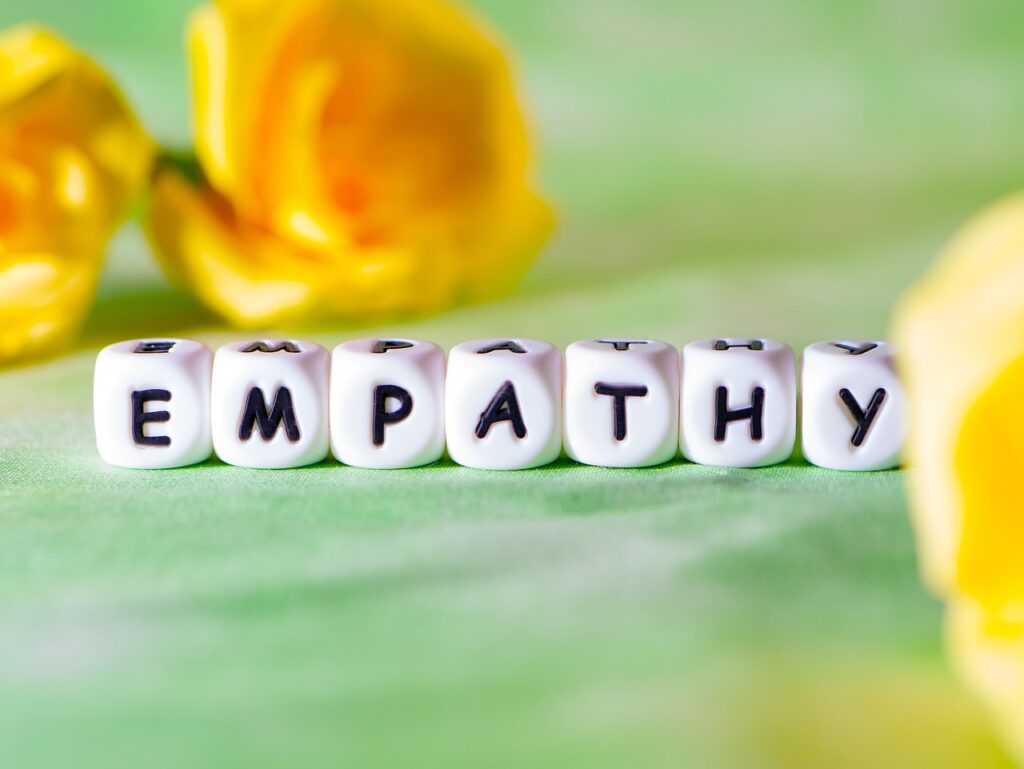Examples of Personal Development in Real Life
Personal development is a lifelong journey of self-discovery, growth, and improvement. It involves enhancing your skills, expanding your knowledge, and nurturing your personal and professional relationships. While the concept of personal development is often discussed in theoretical terms, its impact is most profound when seen in the real-life stories of individuals who have embraced change and transformed their lives.
In this article, we will explore compelling examples of personal development in action, highlighting the experiences of individuals who have overcome obstacles, achieved their goals, and become the best versions of themselves. These stories serve as powerful reminders of the potential for growth and transformation that lies within each of us, inspiring us to embark on our own journeys of personal development.
Through these narratives, we are reminded that personal development is not a destination but a continuous journey—one that requires courage, dedication, and a willingness to step outside our comfort zones. As we embark on this exploration of personal development, let us draw inspiration from these stories and embrace change as a catalyst for growth in our own lives.

Meaning of Personal Development:
Personal development refers to the process of improving oneself in various aspects of life, such as personal growth, skills enhancement, behavior modification, and goal achievement. It involves taking steps to better understand yourself, your goals, your values, and your purpose in life, and then taking action to realize your full potential.
Here are examples of personal development in action, illustrating how individuals have embraced change and transformed their lives:
Setting and Achieving Goals:
Setting and achieving goals is a crucial aspect of personal development, as it allows individuals to strive for growth and progress in various areas of their lives. Highlighting individuals who have successfully set and achieved ambitious goals can provide valuable insights into effective goal-setting strategies and methods for overcoming obstacles.
For example, you could discuss the story of someone who set a goal to start their own business. They might have outlined specific steps to take, such as conducting market research, creating a business plan, securing funding, and marketing their products or services. Along the way, they may have faced challenges such as financial constraints, competition, or setbacks. By staying motivated and persevering through these challenges, they were able to achieve their goal and build a successful business.
Other examples could include individuals who set goals to improve their health, such as losing weight or running a marathon, and discuss the strategies they used, such as creating a workout schedule, following a healthy diet, and seeking support from friends or professionals.
Overall, highlighting these examples can inspire others to set and achieve their own goals, showing them that with determination, perseverance, and the right strategies, anything is possible.
Career Development:
Career development is a dynamic process that involves continuous learning, networking, and seizing opportunities for growth. Individuals who have advanced in their careers often share common strategies and approaches that have helped them reach new heights in their professional lives.
One example could be someone who started in an entry-level position and gradually advanced to a leadership role within their organization. They may have achieved this by continuously seeking out opportunities for learning and development, such as attending workshops, earning certifications, or pursuing higher education. Networking could have also played a crucial role, as they may have built relationships with mentors, colleagues, and industry professionals who provided guidance and support. Additionally, they may have honed their skills and expertise by taking on challenging projects, seeking feedback, and actively seeking opportunities for growth within their organization.
Personal Growth and Self-discovery:
Personal growth and self-discovery are transformative journeys that can lead to profound changes in one’s life. Highlighting stories of individuals who have embarked on such journeys can inspire others to explore their own passions, values, and beliefs, leading to greater self-awareness and a deeper sense of purpose.
For example, you could discuss the story of someone who decided to leave their corporate job to pursue a career in the arts, despite societal pressures to pursue a more traditional path. Through this journey, they discovered a deep passion for creativity and self-expression, leading to a greater sense of fulfillment and purpose in their life. They may have also gained a deeper understanding of their values and beliefs, which guided them in making important life decisions.
Emotional Intelligence:
Emotional intelligence (EI) is key to personal development, influencing how we manage emotions and interact with others. For example, someone with high EI might recognize and control their temper in stressful situations, leading to more thoughtful responses. High EI can also improve empathy, social skills, and motivation, enhancing relationships and overall well-being.
Communication Skills:
Effective communication skills are fundamental to personal development, impacting how individuals express their thoughts, feelings, and ideas, and how they connect with others. For instance, someone with strong communication skills might excel at articulating their needs and boundaries in relationships, leading to healthier and more fulfilling connections. Additionally, effective communicators are often better at resolving conflicts and building rapport, which can enhance their professional and personal relationships. Developing these skills involves active listening, empathy, clarity in expression, and adaptability in different situations, all of which contribute to personal growth and success.
Life-Style Changes:
Lifestyle changes are a crucial aspect of personal development, as they can have a significant impact on overall well-being. Individuals who have successfully made positive lifestyle changes often experience improvements in their physical health, mental health, and overall quality of life.
For example, someone who has adopted healthier eating habits and started exercising regularly may experience weight loss, increased energy levels, and improved mood. These changes can lead to a greater sense of well-being and confidence, as well as a reduced risk of chronic diseases such as diabetes and heart disease.
Similarly, individuals who have learned to manage stress more effectively through techniques such as meditation, yoga, or mindfulness may experience reduced anxiety, improved sleep, and better overall mental health. These changes can lead to a greater sense of calm and resilience, allowing them to navigate life’s challenges more effectively.
Expressing Empathy:
Expressing empathy is a powerful example of personal development, as it involves understanding and sharing the feelings of others. Individuals who develop empathy are better able to connect with others, build strong relationships, and navigate social situations with sensitivity and understanding. For example, someone who has developed empathy might take the time to listen to a friend who is going through a difficult time, offering support and validation without judgment. This ability to empathize not only strengthens relationships but also fosters a sense of compassion and interconnectedness, leading to personal growth and a deeper understanding of the human experience.

Building Resilience:
Building resilience is a key example of personal development, as it involves developing the ability to bounce back from setbacks, adapt to change, and overcome adversity. Individuals who cultivate resilience are better equipped to handle life’s challenges and thrive in the face of adversity. For example, someone who has built resilience might view failure as an opportunity for growth, rather than a defeat. They may approach challenges with a positive attitude, persevere in the face of obstacles, and seek support from others when needed. By developing resilience, individuals can become more flexible, adaptable, and confident in their ability to overcome obstacles, leading to personal growth and success.
Relationship Building:
Relationship building is a cornerstone of personal development, encompassing the skills and behaviors that allow individuals to connect with others in meaningful ways. Cultivating strong relationships, whether in personal or professional settings, requires empathy, effective communication, and collaboration.
For example, individuals who excel in relationship building often demonstrate empathy by understanding and considering the emotions and perspectives of others. This ability to empathize helps them build trust and mutual respect, laying the foundation for strong, supportive relationships.
Conclusion:
In conclusion, personal development is a transformative journey that involves enhancing various aspects of oneself to achieve growth and fulfillment. Through examples such as setting and achieving goals, overcoming adversity, and cultivating empathy and resilience, we see how individuals can progress in their personal development. Whether through improving time management skills, developing emotional intelligence, making positive lifestyle changes, or building strong relationships, personal development empowers individuals to reach their full potential and lead more fulfilling lives. By embracing change, fostering self-awareness, and nurturing meaningful connections with others, we can all embark on our own journeys of personal development and continue to grow and evolve throughout our lives.

